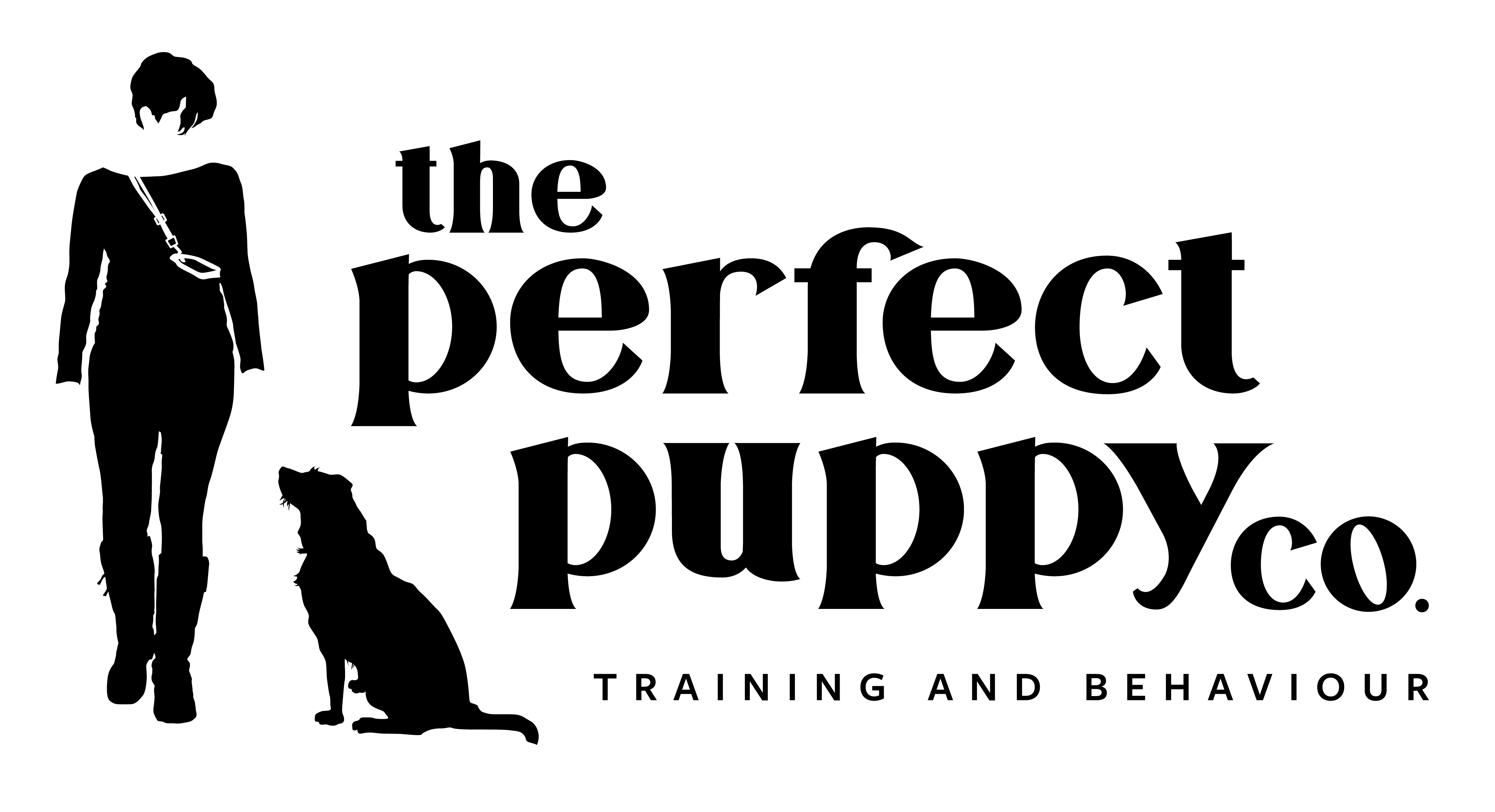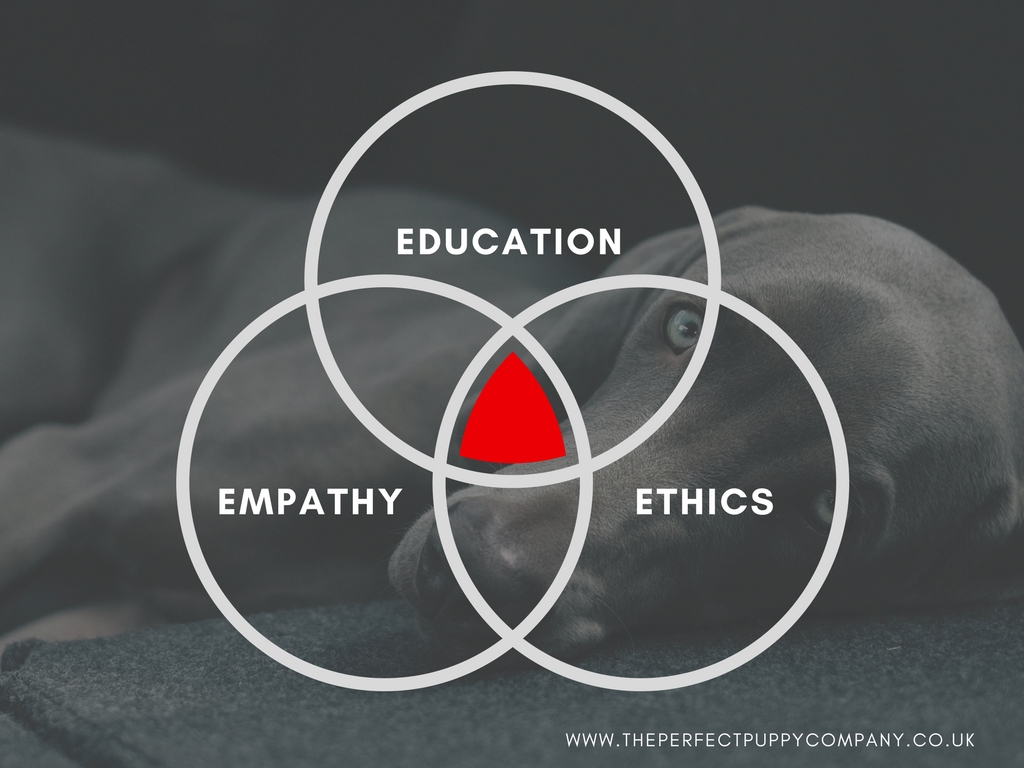How to find the right dog trainer for you in Glasgow (or anywhere else…)
How do you find the right dog trainer for you and your dog in Glasgow (or anywhere else, for that matter…)? What should you look out for and what should you avoid?
Dog training in the UK is completely unregulated and anyone, regardless of experience or qualification, can set themselves up in business as a trainer.
So how do make sure you choose someone qualified, reputable and ethical and not someone who thinks watching Cesar Milan on the Discovery Channel qualifies him to train your dog? Here are some points to consider before entrusting your dog to someone.
Green Lights
Education
What qualifications has your prospective trainer got? What courses have they undertaken? What organisations have they studied with? What continuing professional development (CPD) do they do? Modern dog training is based on the science of learning theory. And like any other science it is continually changing as we learn more. Every competent trainer must have a solid understanding of the science in order to apply it effectively. And they must keep up to date with new developments and theories. An educated trainer who undertakes ongoing CPD has probably spent thousands of pounds on their education and, as a result, is very proud of it and publicises it. If your trainer makes no reference to their qualifications or their ongoing learning you might want to ask them why?
Professional Membership
While membership is no guarantee it does indicate a commitment to the profession and, in some cases, a willingness to submit themselves for external assessment. Look out for the IMDT (Institute of Modern Dog Trainers), KPA (Karen Pryor Academy), VSPDT (Victoria Stilwell Positively Dog Training) and the APDT (Association of Professional Dog Trainers). All have strict ethical standards and all require their members to have their skills and knowledge assessed and to undertake continual professional development.
Ethos
Before you commit to a trainer do your research. Read their blog. Have a look at their Facebook page. Check out their website. What is the overall feel you get for them and their work? Is their mindset and approach in line with yours? Are they someone you would feel comfortable with? Do you trust them?
If your trainer talks about positive reinforcement, rewards, ethics, setting the dog up for success, partnership, relationship etc; if they use flat collars, harnesses, long lines, toys and food to train; then you can have confidence that they will treat your dog with kindness and empathy.
Openness
Does the trainer share video of their work? Clips from classes or sessions? Are they clear and upfront about the methods they use in training and what their ethical approach is?
Do they share details of the training they do with their own dogs? Do the dogs look engaged and happy? Are they honest and open about any challenges they face with their own dog? Someone who’s happy to share their own training and challenges always gets a tick in my book.
Red Flags
Tools
Does your potential trainer advocate the use of tools like choke chains, slip leads, prong collars, shock collars, water sprays, rattle cans etc? For these tools to work they must be something the dog will work to escape or avoid. If the dog doesn’t find them aversive then they don’t work as training tools, no matter what anyone may tell you. If your prospective trainers uses these tools ask them why? A skilled trainer doesn’t need to resort to aversive tools to achieve results.
Language
Language like ‘pack theory’, ‘alpha’, ‘rank’ or ‘balanced’ is also a red flag and indicates that their knowledge is dated and also indicates a strong likelihood that they use aversive techniques in their training. Punishment works but can have huge fallout…is that what you want for your dog?
Do they use seemingly innocuous phrases like ‘lead pops’ or ‘remind him with the lead’ or ‘check the dog with the lead’ or ‘give him a tap’. These are all euphemisms for corrections to the dog’s neck by applying sudden lead pressure. They are used as a way to make punishment of the dog more palatable. Again…is that what you want for your dog?
Guarantees
Do they make guarantees? Promise to ‘fix the problem’ in a short timescale? Two dogs presenting with the same issue may respond differently to training due to their different genetics, learning history and life experiences. Each dog a trainer works with is a unique individual who will respond in a unique way.
Although a quick fix is seductive it reflects a lack of understanding of the nature of behaviour and what it takes to change it. A trainer who uses punishment may succeed in suppressing a behaviour in a single session but the underlying cause hasn’t been addressed and so, inevitably, the behaviour will pop up again.
Behaviour can’t be guaranteed. Not ours. And not our dogs.
Never be shy about asking your prospective trainer as many questions as you need. A reputable trainer will be happy to discuss their methods, education, ethics and experience with you. If they’re not do you really want them training your dog?
If you are looking for effective, ethical training in Glasgow from a qualified, professional trainer please get in touch. I’d be delighted to help you.
Happy Training,
Aileen x

